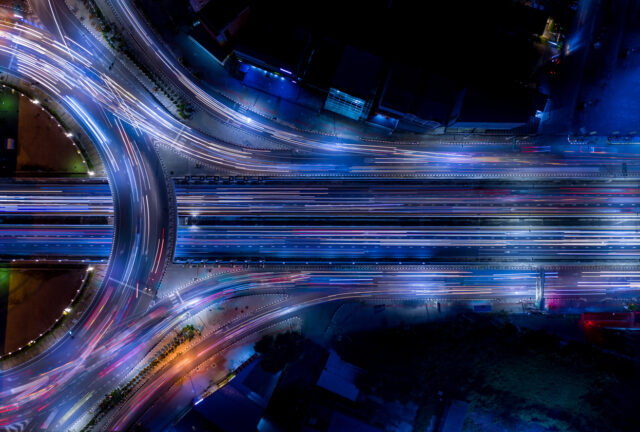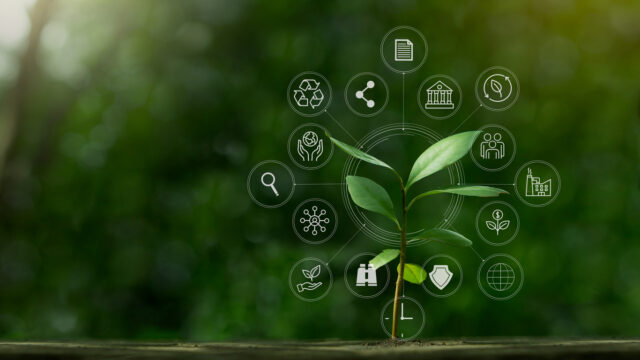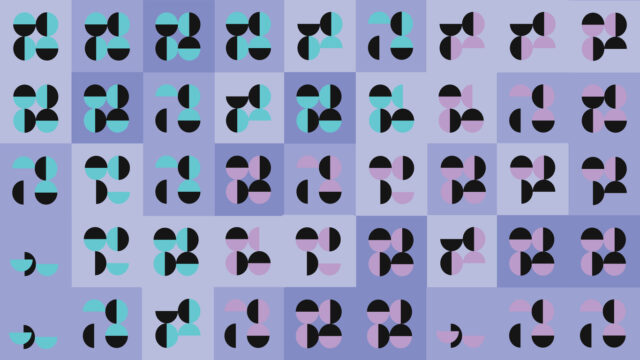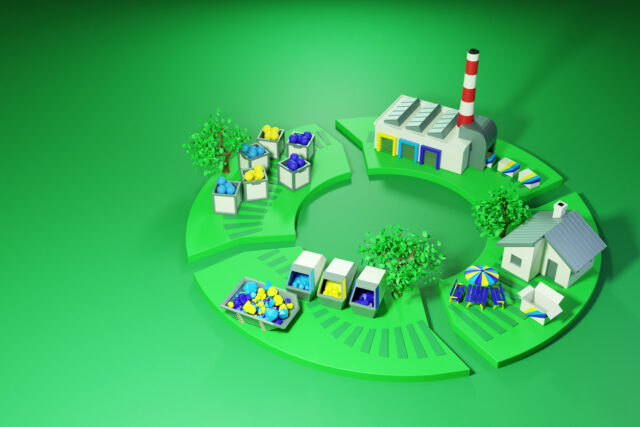Forced labour is a major problem plaguing modern value chains. Today, an estimated 28 million people work for little or no pay, in a state of forced labour, either by a company or government. Over 3 million of them are children.
Products manufactured under these conditions make their way into multiple global supply chains. Watchdogs and regulators report that forced labour is particularly widespread in the textiles, mining, agriculture and service sectors.
Increasingly, researchers and journalists are typing forced labour to supply chains that are critical to the green energy transition. The metals and chemicals used to build electric vehicle components and solar panels are a magnet for modern slavery.
EU bill addresses forced labour in supply chains
This week, the EU Parliament passed final approvals for new regulations targeting forced labour in supply chains. The bill would allow the EU to ban the sale, importation, and exportation of goods made using forced labour.
Member state authorities and the European Commission will have the power to investigate “suspicious goods, supply chains, and manufacturers.” Once the law comes into effect, the EU says it will prevent the sale of any product found to have been made using forced labour.
Manufacturers of banned goods will have to withdraw their products from the EU single market. Any existing stocks will be donates, recycled or destroyed. EU member state border agents will then intercept shipments of goods made using forced labour.
“Europe cannot export its values while importing products made with forced labour,” commented MEP Maria-Manuel Leitão-Marques. She hailed the ban as a major victory for “progressive forces” within the European Union.
The EU parliament adopted the regulation with 555 votes in favour, 6 votes against and 45 abstentions. The text now has to get a final formal approval from the EU Council. EU countries will have to start applying it in 3 years.
Focus on supply chains in areas with “high risk of state-imposed forced labour”
Forced labour is a global phenomenon. However, the implementation of the EU’s new bill (which mirrors similar legislation passed by the United States in 2021) is likely to have been primarily driven by concerns over human rights abuses in the Chinese region of Xinjiang. Sources including US president Joe Biden have accused the Chinese government of conducting an ongoing genocide against the region’s Uyghur Muslim minority.
Currently, manufactuirng infrastructure in Xinjiang produces about 10% of the global aluminium supply. Of course, aluminium is just one of many materials essential to the production of electric vehicles with emerging ties to forced labour. Cobalt, nickel, and lithium are all critical components of electric vehicle batteries. These materials are all associated with involuntary labour. Many mining operations employ children.
According to Human Rights Watch, the Chinese government’s “labour transfer programs” coerce ethnic Uyghurs and other Turkic Muslims into jobs away from their homes. There may be as many as 1 million people currently being forced to work agains their will by the Chinese government in the region. Multiple investigations have tied the Chinese textile, agriculture, and electric vehicle manufacturing sectors to the practice.
“It is simply unacceptable for our Union, which should be a global champion in promoting values, to continue importing and selling in our shops products that were made with blood and tears at some step along their supply chain,” Marques commented in a press conference.











